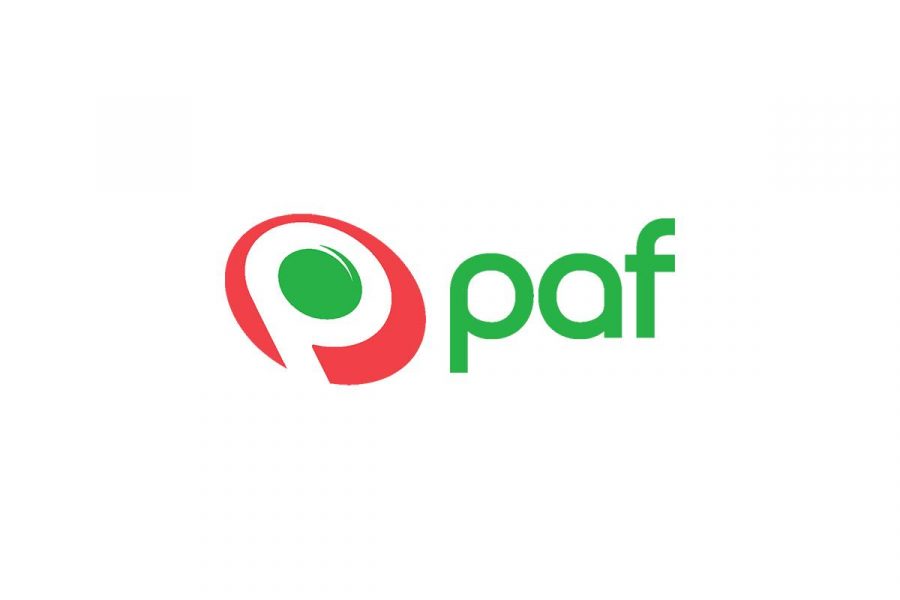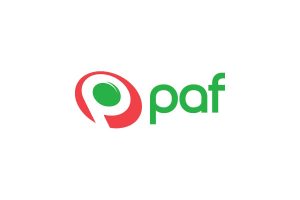Paf reports drop in revenue after lowering loss limits

The Åland Islands-based operator Paf has reported revenue of €113m for the full-year 2020.
Finland.- Åland Islands-based gaming operator Paf has reported a decline in revenue of 1.1 per cent for the 12 months ending December 2020.
Despite growth in online revenue, results were impacted by a steep decline in land-based revenue due to the Covid-19 pandemic. The growth in online revenue, meanwhile, was held back by Paf’s decision to reduce its loss limits for online gaming. It has reduced limits again for the current year.
Paf reported revenue of €113m for the full year, down from €114.2m in 2019.
Online gaming generated the vast majority of revenue, up 18.8 per cent year-on-year at €100.4m thanks to Paf’s acquisition of Mandalorian Technologies in February 2020. Now renamed Paf Multibrand, the new acquisition brought in €18.4m in revenue in the year.
See also: Paf’s Mandalorian receives Swedish licence reprieve
Paf saw strong growth in bingo, slots and live casino but declines in sports betting due to the cancellation of events caused by the pandemic.
However, despite the overall online growth, revenue per online customer fell 17 per cent. The decline came after Paf lowered its loss limit for online players from €30,000 per customer to €25,000 in 2019. It has since lowered the limit again, to €20,000 for 2021.
The number of online customers increased, reaching a record 336,206. Paf said it expected the number to climb further throughout this year as it continue to develop and market its platform.
Paf’s revenue from its land-based and ship-based operations fell 59.3 per cent to €12.3m due to the drop in activity owing to the Covid-19 pandemic. However, other operating income shot up by 1,075 per cent to €4.7m owing to external sales of gambling platforms and services.
Paf reported an operating profit of €17.4m, down 33.6 per cent year-on-year and profit of €16.7m, down 34.8 per cent.
Paf chief executive Christer Fahlstdet said: “Covid-19 has had an extremely negative impact on land and ship and resulted in reduced revenues by as much as 59 per cent.
“There are also major changes in the Internet segment, where both Paf’s self-imposed work to reduce the revenue from the biggest players has had a major effect and the restrictions introduced in various markets as a result of Covid-19 during the year have had a large impact.
“However, these effects are to some extent offset by the acquisition of the Swedish-licensed operator No Account Casino, which was completed during the first quarter of 2020. An acquisition that, despite Covid-19, has turned out very well and has largely compensated for the reduction in revenue in other markets.
“Our world is undergoing major changes, but in 2020 Paf was quite successful in maintaining the same pace in our own development. There is no indication that the challenges and pace of change will abate. Constant change – whether we like it or not – is the new reality and something we as a company must continue to be open to.”
As part of its ongoing commitment to responsible gambling, Paf published details of player spending alongside its financial results.
It reported that 0.28 per cent of online customers registered losses of between €15,001 and €30,000, down from 0.43 per cent in 2019, while 0.69 per cent of online players lost between €8,001 and €15,000. The majority – 72.9 per cent – recorded losses of under €8,000, up from 70.8 per cent.
Some 26.1 per cent of customers ended the year with winnings, a drop from 27.8 per cent.
Fahlstedt said: “Our principle of openness is easy to understand for everyone. Do our customers play for large sums of money or do they play at a more sustainable level?
“We could, of course, choose to wait a few more years so we get a common scientifically-based table that all gaming companies can agree on before openly showing our numbers. Or we do something right now.”
See also: Finland proposes Lotteries Act reform











